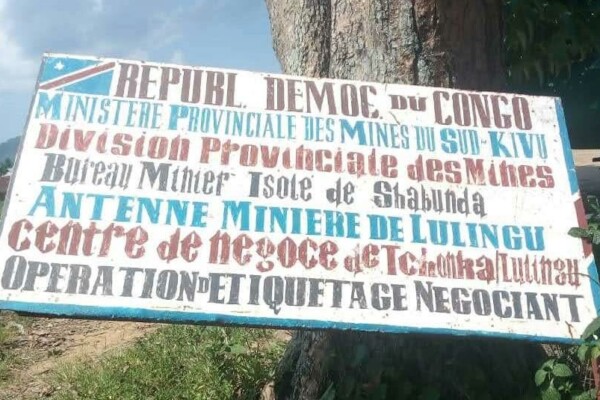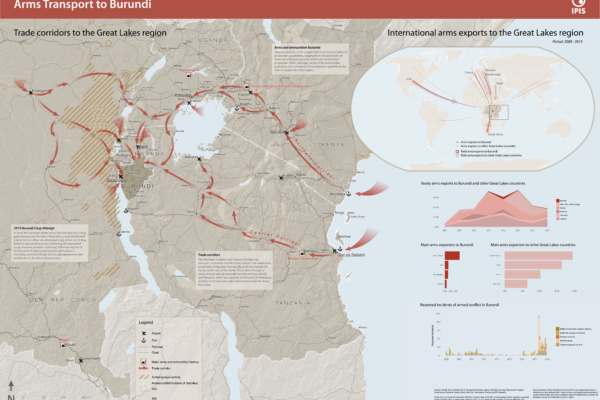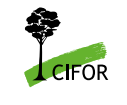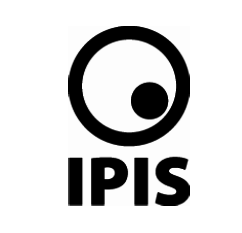
Comparative analysis of the fiscal regimes and implications for mineral trade of ASM 3TGs in Rwanda, Uganda, Burundi and the DRC
February 14, 2022This briefing paper looks at the relationship between mineral fiscal regimes and the smuggling of minerals in the Great Lakes Region, both within and between countries. It presents an overview and comparative analysis of the fiscal regimes applicable to the artisanal and small-scale (ASM) production of tin, tungsten, tantalum and gold (3TGs) in Uganda, Rwanda, Burundi and the DRC, looking at the p

Arms Trade Corridors to Burundi
May 5, 2017Burundi has seen a period of unrest following the failed coup d’état by a Burundian general in May 2015. In order to better understand the situation, IPIS drafted a new map entitled ‘Arms transport to Burundi’, which puts the 2015 unrest in the geographical perspective of the Great Lakes region and in the relevant timeframe covering 2008 to 2015. The map highlights two important factors in the rec

Upstream Implementation of the OECD Due Diligence Guidance for Responsible Supply Chains of Minerals from Conflict-Affected and High-Risk Areas. Final Report on one-year pilot implementation of the Supplement on Tin, Tantalum, and Tungsten
January 1, 2013Final Report on one-year pilot implementation of the Supplement on Tin, Tantalum, and Tungsten. This report is the final in a cycle of three reports on the pilot implementation by upstream companies of the “Supplement on Tin, Tantalum and Tungsten of the OECD Due Diligence Guidance for Responsible Supply Chains of Minerals from Conflict-Affected and High-Risk Areas”. The goal of the report is to p

The formalisation of artisanal mining in the DRC and Rwanda
December 29, 2012This report describes and evaluates initiatives to formalise the artisanal mining sector in the Democratic Republic of the Congo (DRC) and Rwanda, in order to locate lessons learned. We hope that these perspectives will support the formation of well-informed policy and regulatory options – both by the EU and by harvesting countries – concerning the formalisation of timber production in tropical co

Upstream Implementation of the OECD Due Diligence Guidance for Responsible Supply Chains of Minerals from Conflict-Affected and High-Risk Areas. Cycle 2 Interim Progress Report on the Supplement on Tin, Tantalum, and Tungsten
June 20, 2012Cycle 2 Interim Progress Report on the Supplement on Tin, Tantalum, and Tungsten. The following report is the second in a cycle of three on upstream companies’ implementation of the Supplement on Tin, Tantalum and Tungsten to the OECD’s Due Diligence Guidance for Responsible Supply Chains of Minerals from Conflict-Affected and High-Risk Areas. The objective of the following is to report on progres

Upstream Pilot Implementation of the OECD Due Diligence Guidance for Responsible Supply Chains of Minerals from Conflict-Affected and High-Risk Areas
November 1, 2011Baseline Report on the Supplement on Tin, Tantalum, and Tungsten IPIS executed the research for and the writing of this OECD report. The present baseline report is the first in a cycle of three reports on the implementation by upstream companies of the Supplement on Tin, Tantalum and Tungsten of the OECD Due Diligence Guidance for Responsible Supply Chains of Minerals from Conflict-Affected and Hi

Verkrachting als oorlogswapen (139)
January 10, 2004Nog niet zo lang geleden woedden in Rwanda en Bosnië, twee landen die nochtans geografisch sterk gescheiden zijn, conflicten die een aantal kenmerken gemeen hadden: het systematisch wrede en genocidaire karakter ervan en het enorme aantal vrouwen die werden verkracht en/of seksueel misbruikt. Tot voor kort ging er weinig speciale aandacht naar het verschijnsel “seksueel geweld in gewapende conflic

Illegale trafiek van wapens naar conflicten: De grote meren en Angola (123)
June 17, 1999Dit dossier bundelt een aantal voorlopige resultaten van een langlopend onderzoek naar de mechanismen van de illegale wapenhandel. Een meer uitgebreide en gedetailleerde studie verschijnt in het najaar en is het resultaat van een onderzoeksproject waarvoor I.P.I.S. samenwerkte met de organisaties NISAT (Noorwegen) en BASIC (Groot-Brittanië en de VS). Met het project willen deze organisaties de pro

